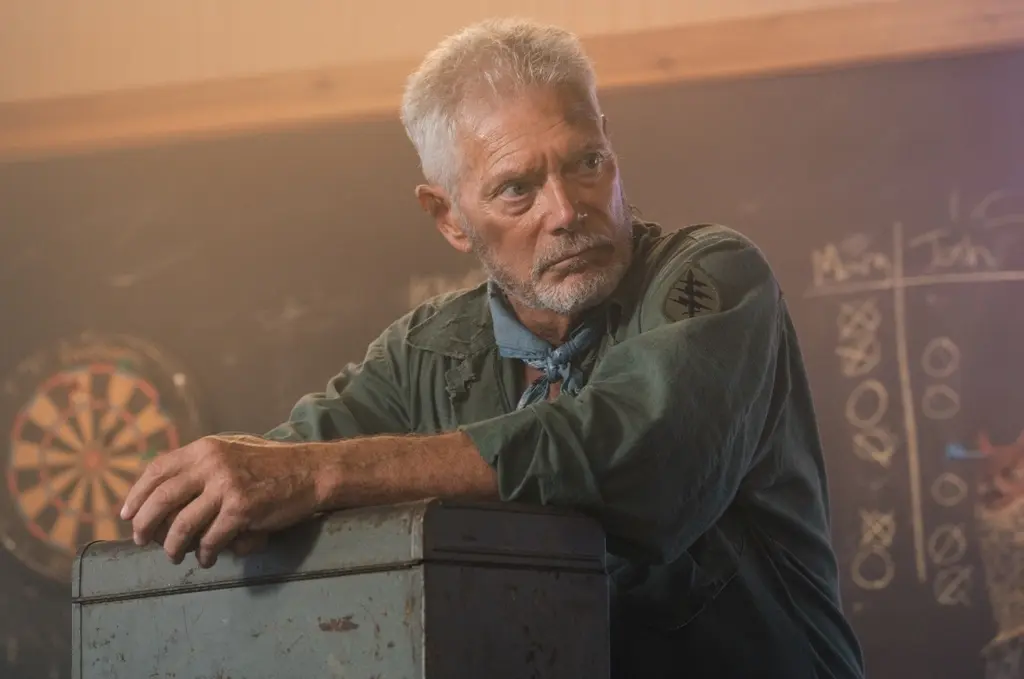For the opening scene in “France,” writer and director Bruno Dumont pinches from Woody Allen’s “Zelig” and Robert Zemeckis’s “Forrest Gump” where the title character is paired onscreen with historical figures. As special effects go, it’s something anyone with even a rudimentary knowledge of green screen trickery could pull off without much trouble.
Here, it is done in the modern day where French president Emmanuel Macron is conducting a press conference and takes his first question from France (Léa Seydoux), a celebrity journalist seated in the (plum position) front row. What she asks him is incidental; what’s more telling is his inability to deliver a cognitive straight answer and she—so very proud of her snarky inquiry—develops a severe case of the giggles. France exits the press conference with her entourage in tow and enters a waiting limousine.





